Marc Destrubé looks back to Bach for cantatas
Johann Sebastian Bach was an astonishingly prolific composer. As a cantor in Leipzig, he was responsible for writing and performing a church cantata for every Sunday and holiday in the year, reflecting the Lutheran liturgy applicable for that particular day. Though much of this immense output has been lost, more than 200 of the richly varied works remain. The challenge for Marc Destrubé, as music director of the Bach Cantata Project, is to select four that share a seasonal theme suitable for a pre-Christmas concert and that have similar instrumentation.
“Bach’s cantatas can differ so fantastically,” he says, calling in from Washington, D.C. “Some have three trumpets and four oboes, some have recorders, some have flutes and all manner of different instruments in the wind section. So if we’re bringing in people from far away, they’ve got to have enough to do. Also we’re doing the cantatas with just four soloists singing all parts. One of the reasons Bach cantatas aren’t performed so much is that they’re the domain of choirs, but there isn’t actually much to sing—maybe an opening chorus and a final chorale, and exceptionally, some other music within. We got around that by simply having the soloists sing the choral parts.
“That’s almost certainly what Bach did much of the time,” Destrubé continues. “And on festive occasions, when there was a lot more money available, he’d hire extra singers. So the way we’ve approached performing the cantatas is very much as chamber music rather than as music for a large orchestra and choir. It’s a much more intimate experience, and the listener is really drawn in.”
Sunday afternoon’s concert features soprano Shannon Mercer, mezzo Laura Pudwell, tenor Colin Balzer, and baritone Sumner Thompson. And Early Music Vancouver’s Bach Cantata Project Players include Andrew Clark, one of the greatest natural-horn players, who moved to Vancouver Island from London a couple of years ago.
“Three of the cantatas we’re doing include the horn in some form—one has a rather virtuosic high part,” Destrubé says. “We’ve also got normal baroque oboe, oboe da caccia, and oboe d’amore. The way Bach uses the two oboe d’amores is wonderful; there’s such a warm, pastoral, and tender quality. The name says it all.
“To some extent the choice of cantatas to perform is based on the instrument we’ve chosen to include,” he continues. “That was Bach’s situation as well. His music was composed based on purely practical needs. One of the cantatas we’re doing, ‘Herr Gott, dich loben wir’, is rather sparing in the use of solo voices because the singers were so busy at that time of year he didn’t want to overtax them.”
That particular work expresses gratitude for good fortune—and according to Destrubé has an unusual character. “Bach’s audience would have come to expect a New Year’s cantata to start with something very grand—trumpet and drums—but he doesn’t do that at all. He starts with a single instrument, and when the voice comes in it’s with a kind of Gregorian chant, a very old-fashioned style, so it’s making people reflect on the past as a way of looking to the future.
“Then there’s an extraordinary aria, ‘Let Us Celebrate Joy’, with a fantastic figure in the music itself portraying hearty laughter. What comes through is the extraordinary way he manages to portray these different, essentially human sentiments—the joy of the new, looking back at the old—by musical means and choice of instruments, musical style, and musical form.”
The Bach Cantata Project takes place at the Chan Centre for the Performing Arts at 3 p.m. on Sunday (December 23).

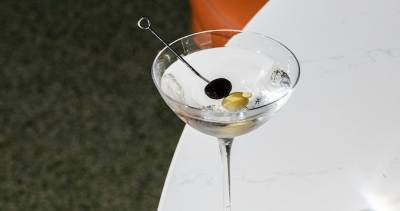
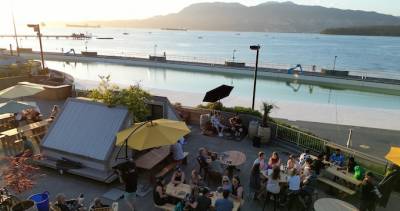

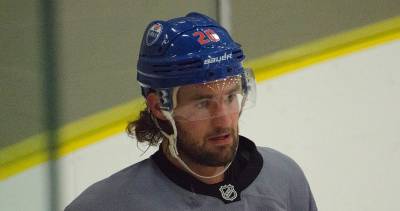
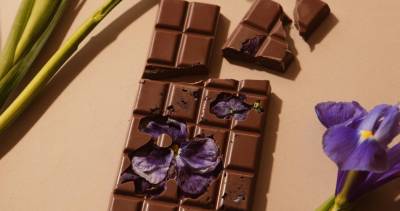
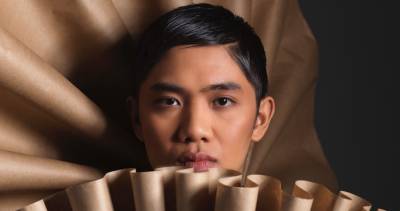

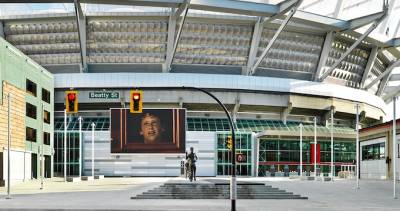






Comments